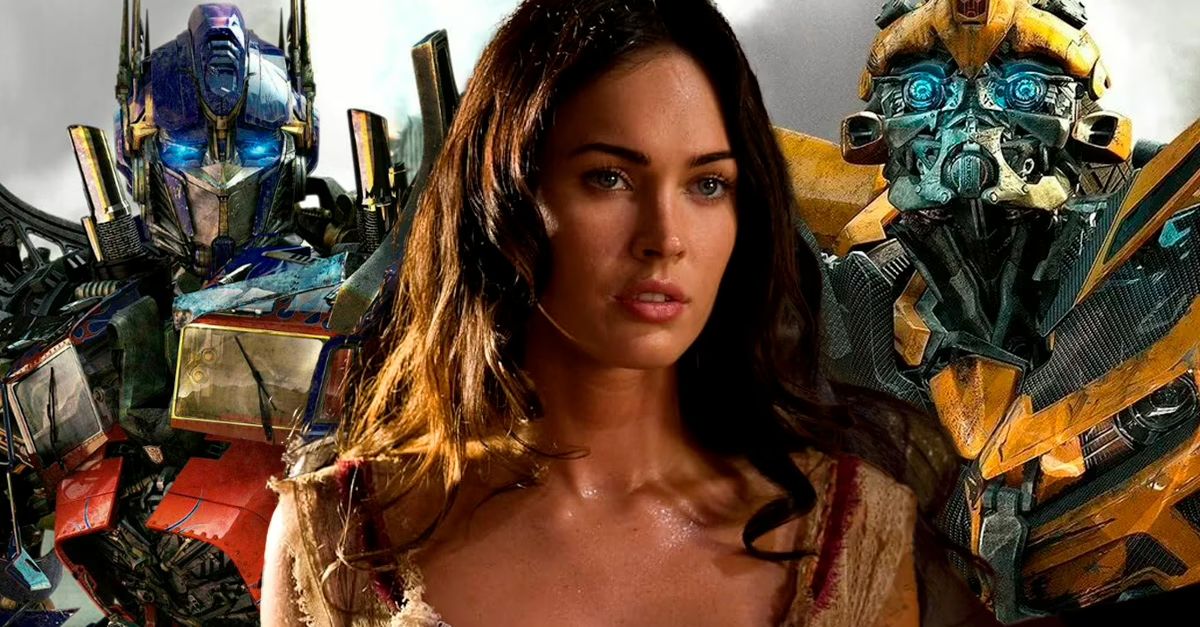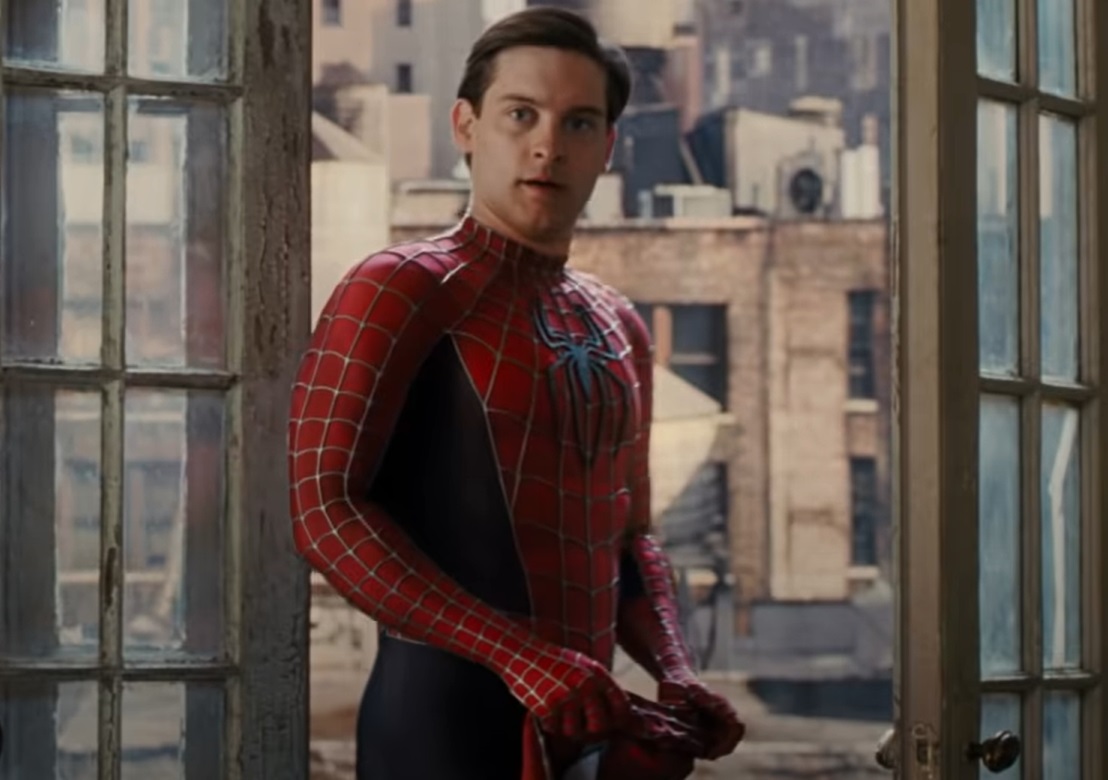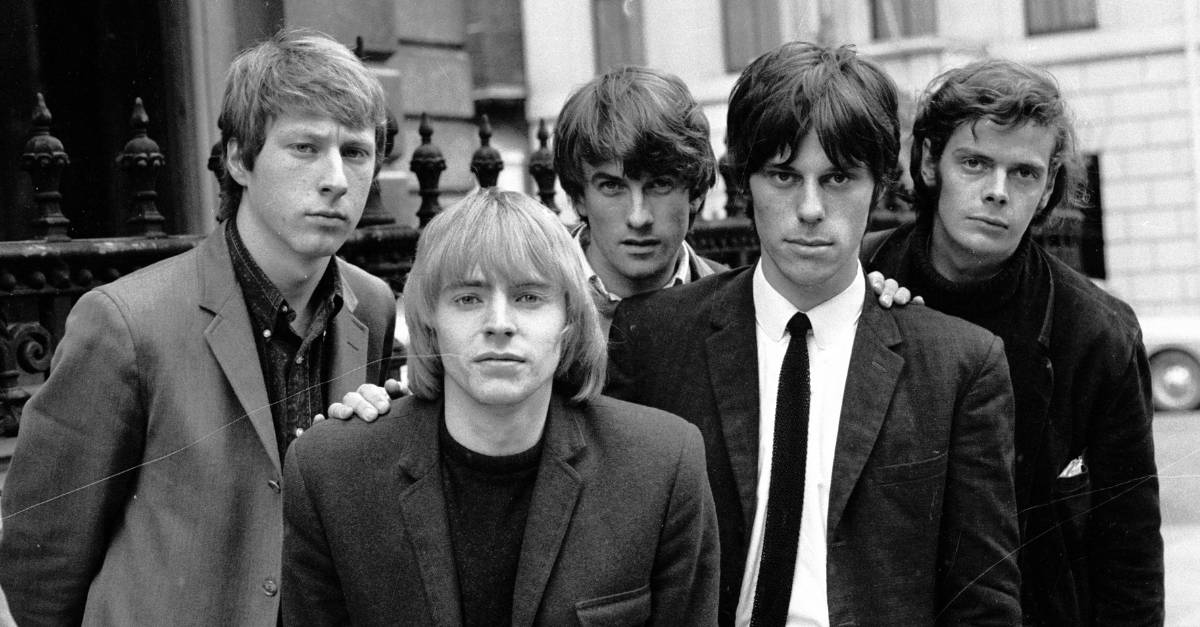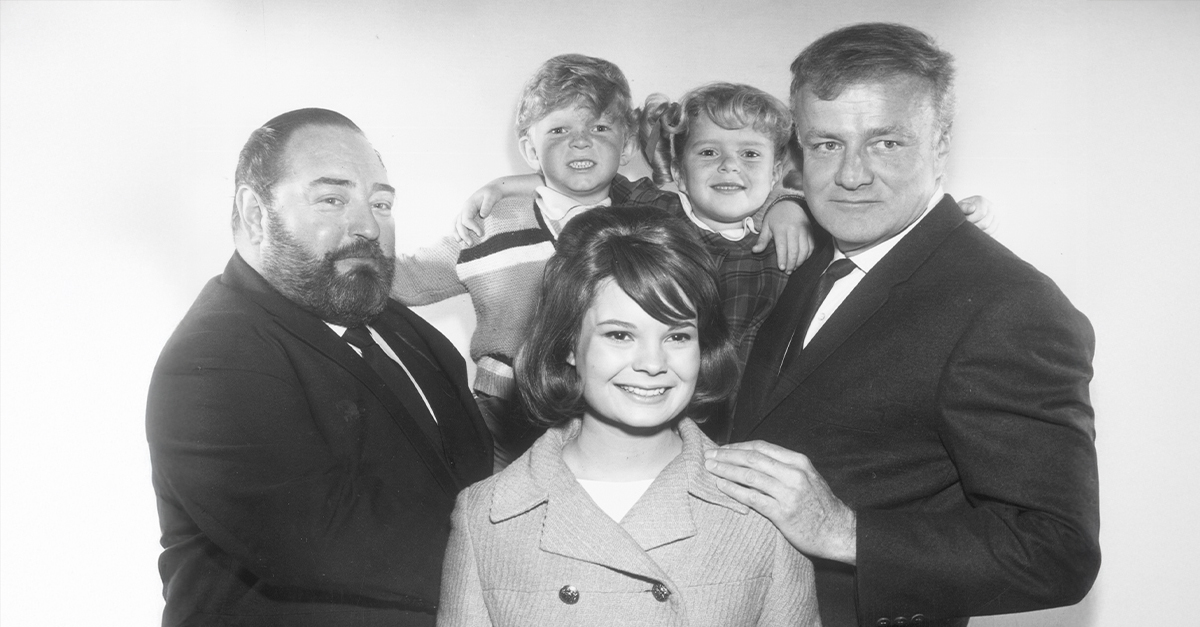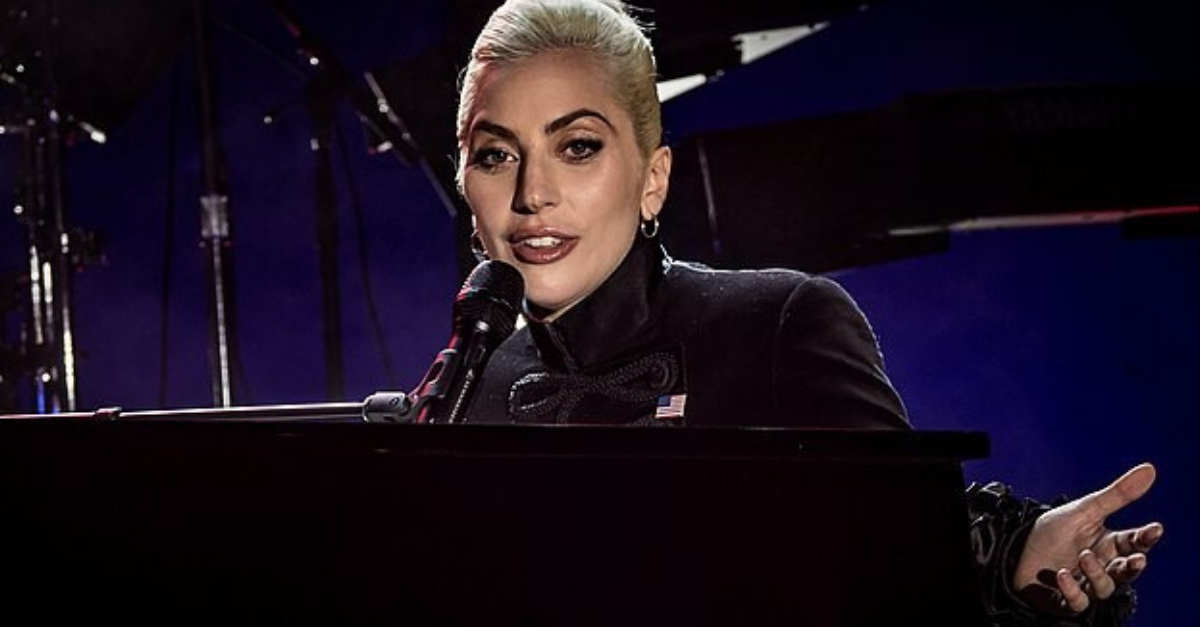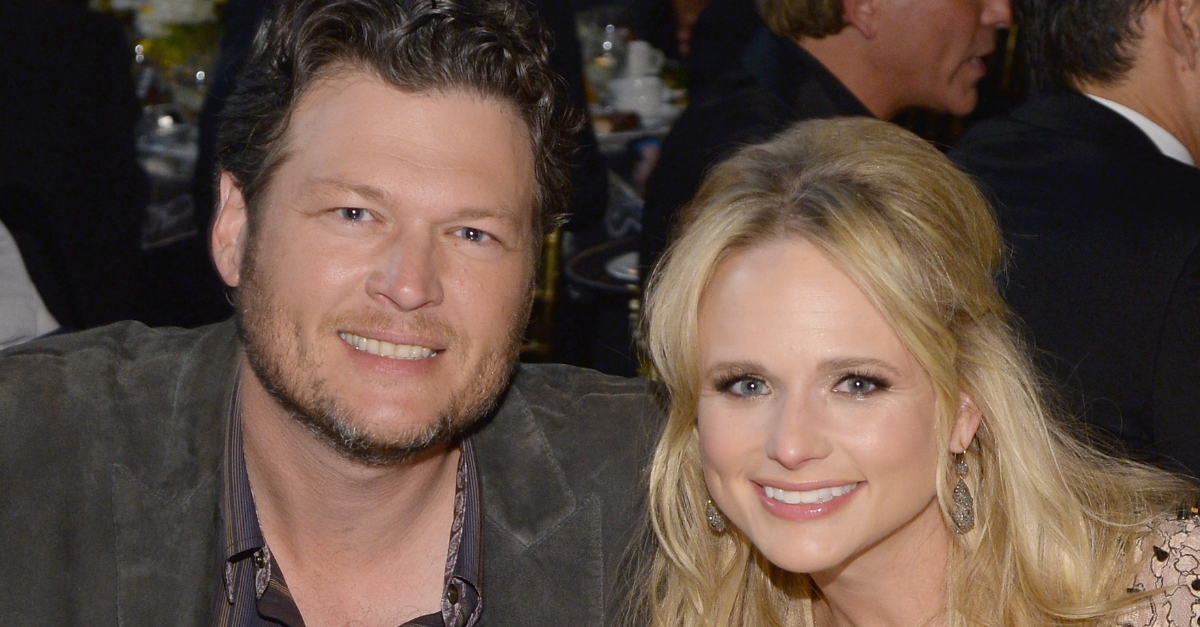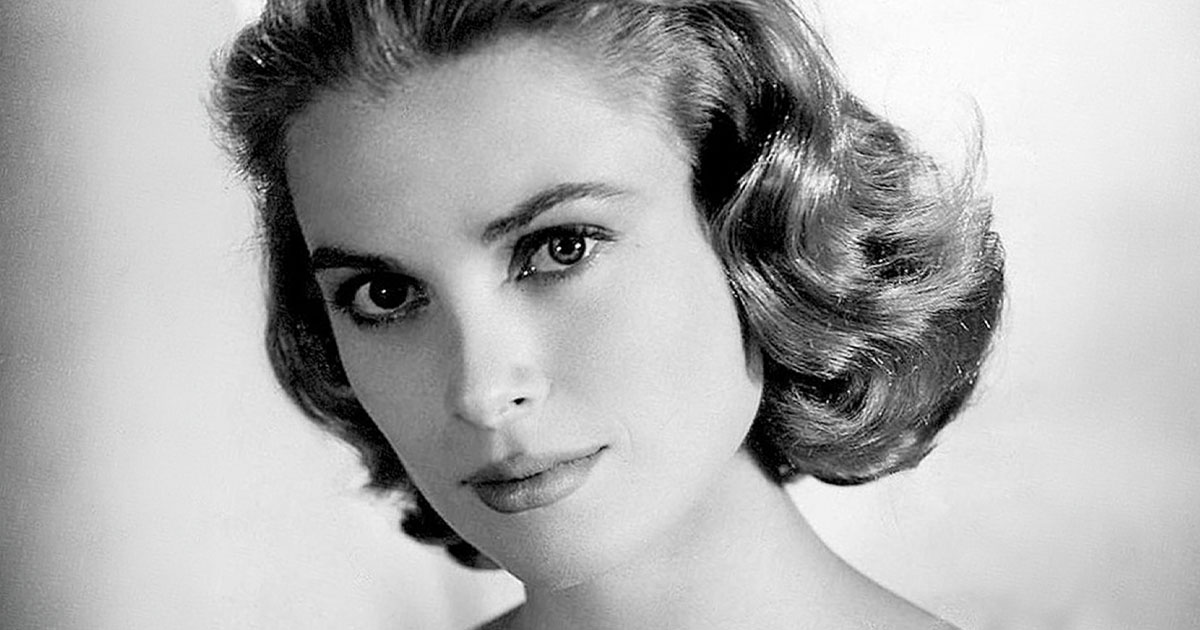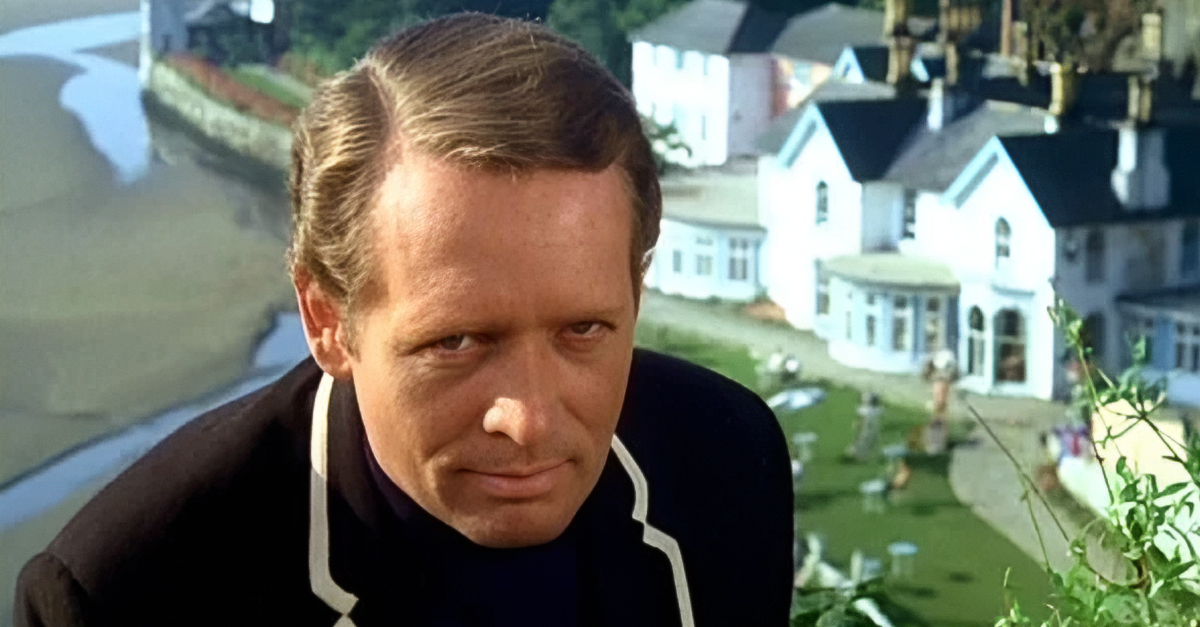Acting On Autopilot
Not every performance comes from love of the craft. Some actors showed up, said their lines, and left audiences wondering if they’d rather be anywhere else.
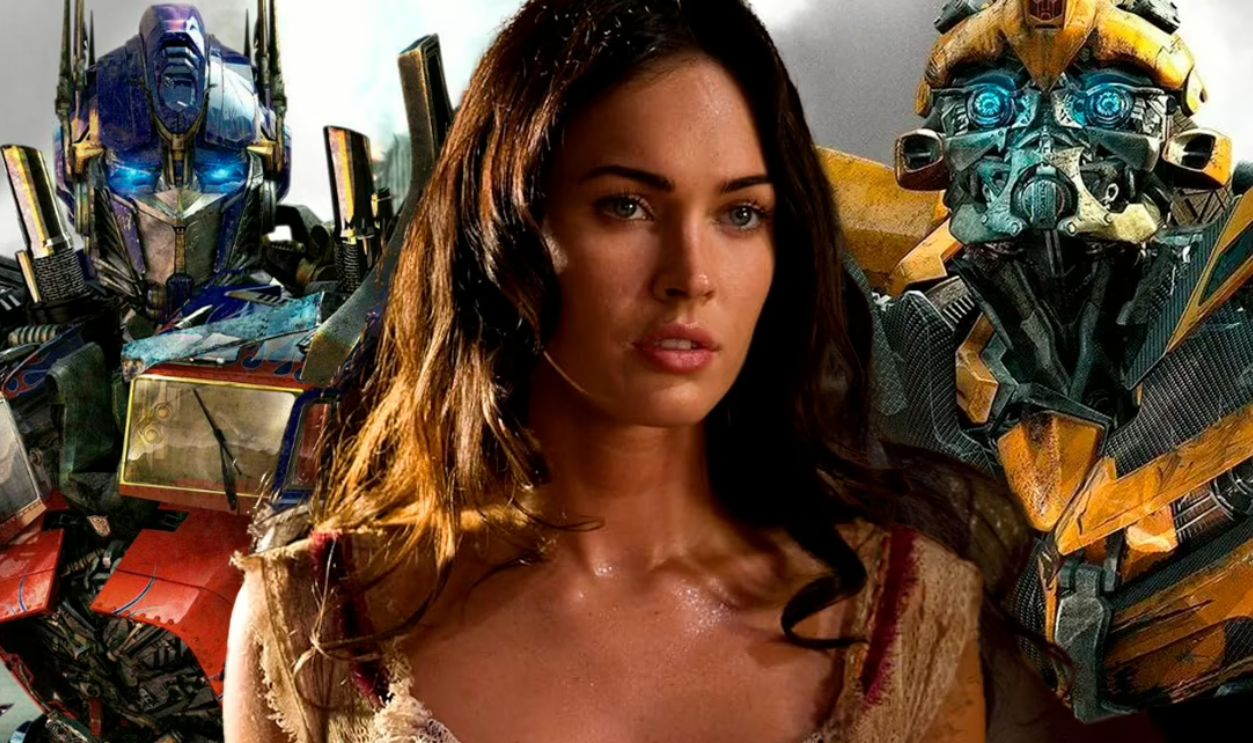
Marlon Brando—Superman (1978)
During Superman’s shoot, Brando treated the project like a paycheck, not a passion. He refused to memorize lines and once suggested Jor-El appear as "a glowing green object”. His distant delivery reflected exactly how little he cared about saving Krypton—or the script.
 Warner Bros. Pictures, Superman (1978)
Warner Bros. Pictures, Superman (1978)
Alec Guinness—Star Wars (1977)
To Guinness, Star Wars felt childish long before it became a legend. He winced at the dialogue, disliked the attention, and quietly asked that Obi-Wan die early. His calm, weary expression on-screen wasn’t just acting; it was genuine impatience disguised as wisdom.
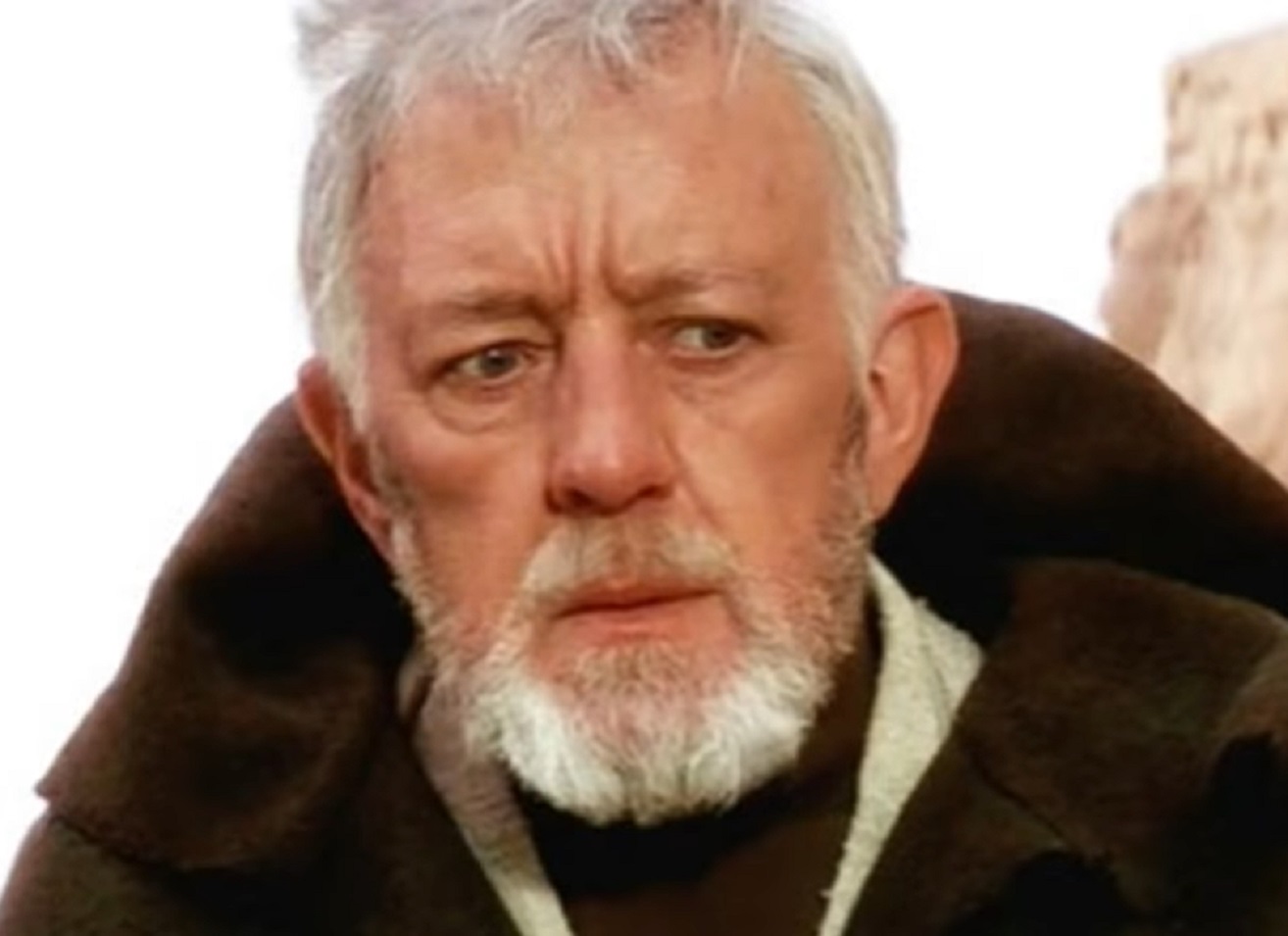 Twentieth Century Fox, Star Wars- Episode Iv (1977)
Twentieth Century Fox, Star Wars- Episode Iv (1977)
Harrison Ford—Star Wars: The Force Awakens (2015)
Years of saying “kill Han Solo already” finally caught up with him. When Ford returned, the thrill had long faded. His trademark smirk turned tired, and the moment Solo met his end, audiences sensed Ford’s relief wasn’t entirely the character’s.
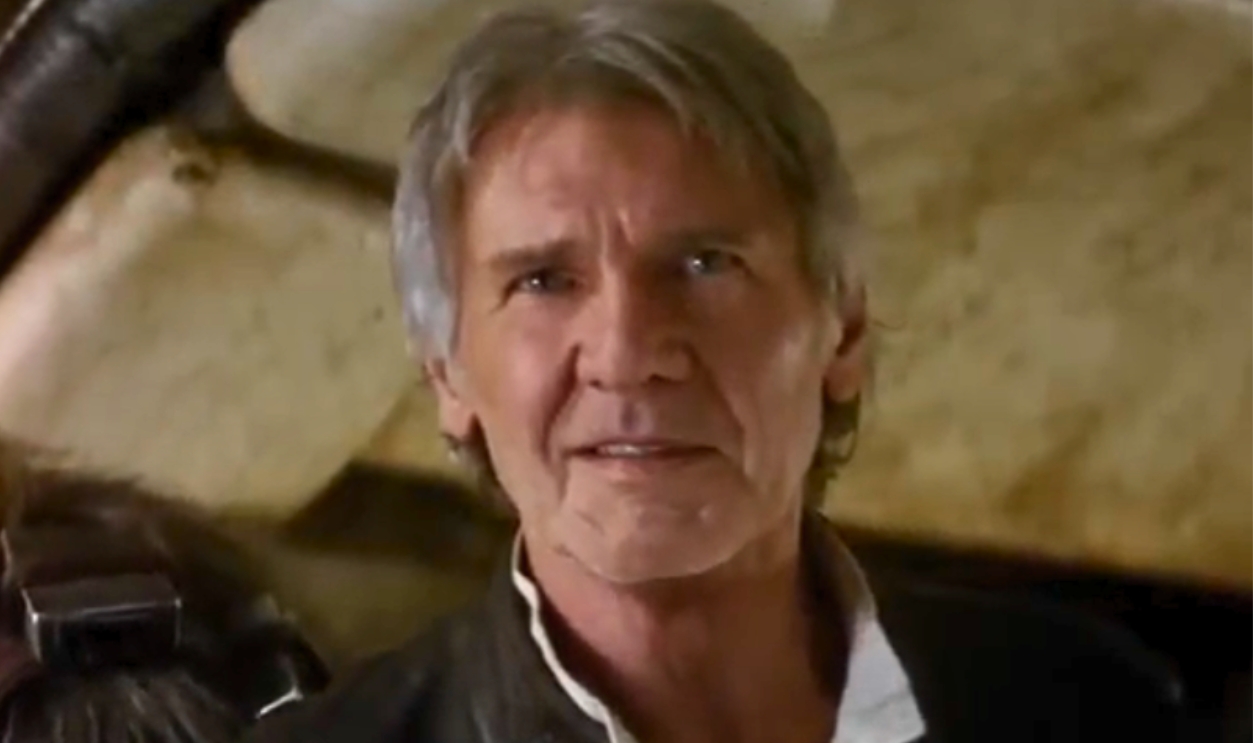 The Walt Disney Studios, Star Wars: The Force Awakens (2015)
The Walt Disney Studios, Star Wars: The Force Awakens (2015)
Robert Pattinson—Twilight Series
Beneath that brooding stare, Pattinson was often laughing at the movie. He called Edward Cullen “a manic-depressive weirdo” and joked through interviews. Even Pattinson admitted his real acting challenge was pretending to enjoy being there.
 Lionsgate, Twilight Series (2008–2012)
Lionsgate, Twilight Series (2008–2012)
Daniel Craig—Spectre (2015)
Every stunt, every chase—it all looked heavier on him this time. Craig’s Bond ran on exhaustion, not adrenaline. After wrapping Spectre, he swore off tuxedos, saying he’d rather “slash [his] wrists”. That blunt honesty said what the performance had already hinted at.
 Columbia Pictures, Spectre (2015)
Columbia Pictures, Spectre (2015)
Edward Norton—The Incredible Hulk (2008)
Behind the camera, Norton was rewriting scenes. In front of it, he looked worn down by them. Marvel’s tight control clashed with his creative instincts, and the disconnect showed. His Hulk simmered with irritation that seemed less scripted and more personal.
 Universal Pictures , The Incredible Hulk (2008)
Universal Pictures , The Incredible Hulk (2008)
Jessica Alba—Fantastic Four: Rise Of The Silver Surfer (2007)
You could almost see Alba’s spark fade frame by frame. Told to “look prettier” while crying, she later admitted the direction crushed her confidence. When she stepped back from acting years later, it felt like the film had drained more than her character’s patience.
 20th Century Fox, Fantastic Four: Rise of the Silver Surfer (2007)
20th Century Fox, Fantastic Four: Rise of the Silver Surfer (2007)
Sean Connery—The League Of Extraordinary Gentlemen (2003)
For Connery, this was supposed to be a comeback. Instead, it became his breaking point. Constant script rewrites, on-set chaos, and creative clashes wore him down. When he retired soon after, nobody questioned why, because he’d already walked away in spirit.
 20th Century Fox, The League of Extraordinary Gentlemen (2003)
20th Century Fox, The League of Extraordinary Gentlemen (2003)
Faye Dunaway—Mommie Dearest (1981)
Critics called her performance unforgettable. She called it unbearable. Dunaway later confessed that Mommie Dearest haunted her career, the intensity leaving her emotionally exhausted. Every icy glare toward “Christina” carried more than character. This was the fatigue of an actress questioning every choice.
 Paramount Pictures, Mommie Dearest (1981)
Paramount Pictures, Mommie Dearest (1981)
Megan Fox—Transformers: Revenge Of The Fallen (2009)
Explosions filled the screen, but the spark was gone. Fox clashed with director Michael Bay and compared him to a tyrant. Her energy slipped scene by scene, the enthusiasm of the first film replaced by irritation too sharp to hide.
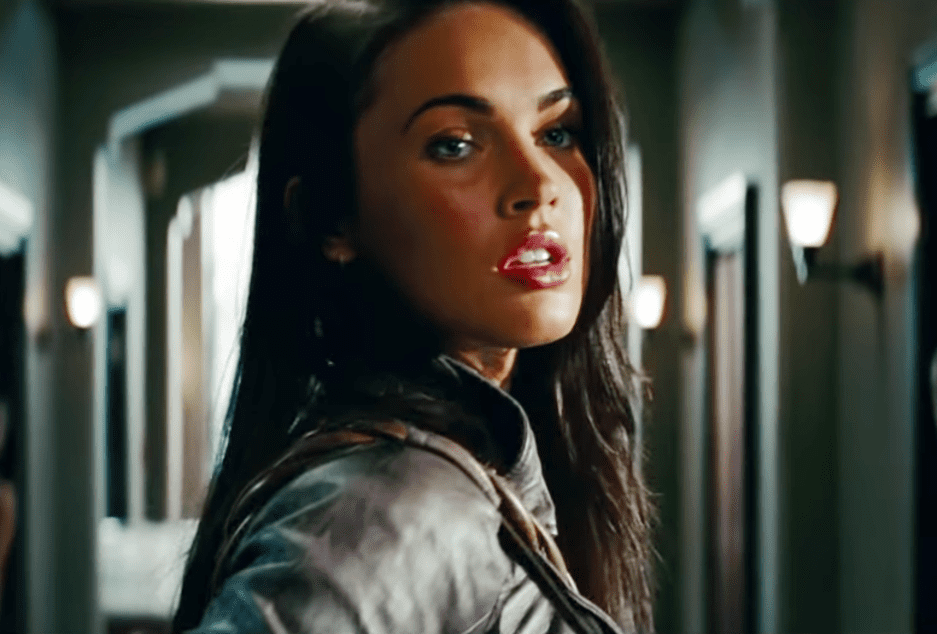 Paramount Pictures, Transformers: Revenge of the Fallen (2009)
Paramount Pictures, Transformers: Revenge of the Fallen (2009)
Bruce Willis—Cop Out (2010)
Kevin Smith still talks about it—how directing Willis nearly broke him. The actor delivered his lines flat, refused retakes, and drained every ounce of fun from a buddy cop flick built on chemistry. Even behind the jokes, the tension was real.
 Warner Bros. Pictures, Cop Out (2010)
Warner Bros. Pictures, Cop Out (2010)
Anthony Hopkins—Thor: The Dark World (2013)
Imagine a Shakespearean great surrounded by green screens and fake thunder. Hopkins later admitted he didn’t understand half of it. His stoic Odin felt robotic, while that master actor visibly yearned for a real stage.
 Walt Disney Studios Motion Pictures, Thor: The Dark World (2013)
Walt Disney Studios Motion Pictures, Thor: The Dark World (2013)
Katherine Heigl—Knocked Up (2007)
The smile said one thing; her interviews said another. Heigl later called Knocked Up a little prejudiced, and that energy now feels obvious in hindsight. You can sense her detachment on screen because the tension between the character and the actor never fully clicks.
 Universal Pictures, Knocked Up (2007)
Universal Pictures, Knocked Up (2007)
Vin Diesel—The Fate Of The Furious (2017)
Family may be everything in Fast & Furious, but not on that set. Diesel’s feud with Dwayne Johnson turned press tours icy and filming awkward. When scenes avoided putting them together, fans noticed—the off-screen drama had hijacked the film’s heart.
 Universal Pictures, The Fate of the Furious (2017)
Universal Pictures, The Fate of the Furious (2017)
Angelina Jolie—Wanted (2008)
She almost skipped the role altogether. Jolie felt the script lacked soul, and her quiet coolness on-screen echoed that hesitation. Even as bullets curved through midair, her eyes told another story; one of a star more detached than deadly.
 Universal Pictures , Wanted (2008)
Universal Pictures , Wanted (2008)
Bill Murray—Charlie’s Angels (2000)
Crew members still swap stories about this one. Murray clashed with Lucy Liu so severely that the two stopped speaking. His jokes hit, sure, but the warmth was gone. For a comedy built on teamwork, his weariness practically filled the frame.
 Columbia Pictures, Charlie’s Angels (2000)
Columbia Pictures, Charlie’s Angels (2000)
Sylvester Stallone—Stop! Or My Mom Will Shoot (1992)
Tricked into doing it—his words, not ours. Stallone later revealed he accepted the role out of rivalry with Schwarzenegger, who pretended to want it. What followed was one-liners without conviction and a hero who clearly wished he’d said no.
 Universal Pictures, Stop! Or My Mom Will Shoot (1992)
Universal Pictures, Stop! Or My Mom Will Shoot (1992)
Jennifer Lawrence—X-Men: Dark Phoenix (2019)
By her fourth mutant outing, Lawrence had burned out. Layers of blue paint, long hours, endless green screen scenes; it all shows in her half-hearted Mystique. When her character bowed out early, fans suspected relief more than shock.
 20th Century Fox, X-Men: Dark Phoenix (2019)
20th Century Fox, X-Men: Dark Phoenix (2019)
Michelle Rodriguez—The Fast And The Furious (2001)
Back in the franchise’s early days, Rodriguez refused to fake her character’s morality. When the original script had Letty cheating, she threatened to quit. Her frustration gave those scenes an edge, the kind that came from real-life creative standoffs.
 Universal Pictures, The Fast and the Furious (2001)
Universal Pictures, The Fast and the Furious (2001)
Johnny Depp—Pirates Of The Caribbean: Dead Men Tell No Tales (2017)
The swagger looked slower, the wit dulled. Reports of lateness and erratic behavior surrounded Depp’s return as Jack Sparrow. Even his improvisations lacked their usual spark, turning what once felt wild into something worn out. Fans could tell the thrill was gone.
 Walt Disney Studios Motion Pictures, Pirates of the Caribbean: Dead Men Tell No Tales (2017)
Walt Disney Studios Motion Pictures, Pirates of the Caribbean: Dead Men Tell No Tales (2017)
Bruce Willis—A Good Day To Die Hard (2013)
Every smirk felt mechanical. Once the gold standard for action charisma, Willis looked like he’d rather be anywhere but Moscow. The film pushed explosions; he barely reacted. Even longtime fans could sense the franchise’s spark had vanished behind those sunglasses.
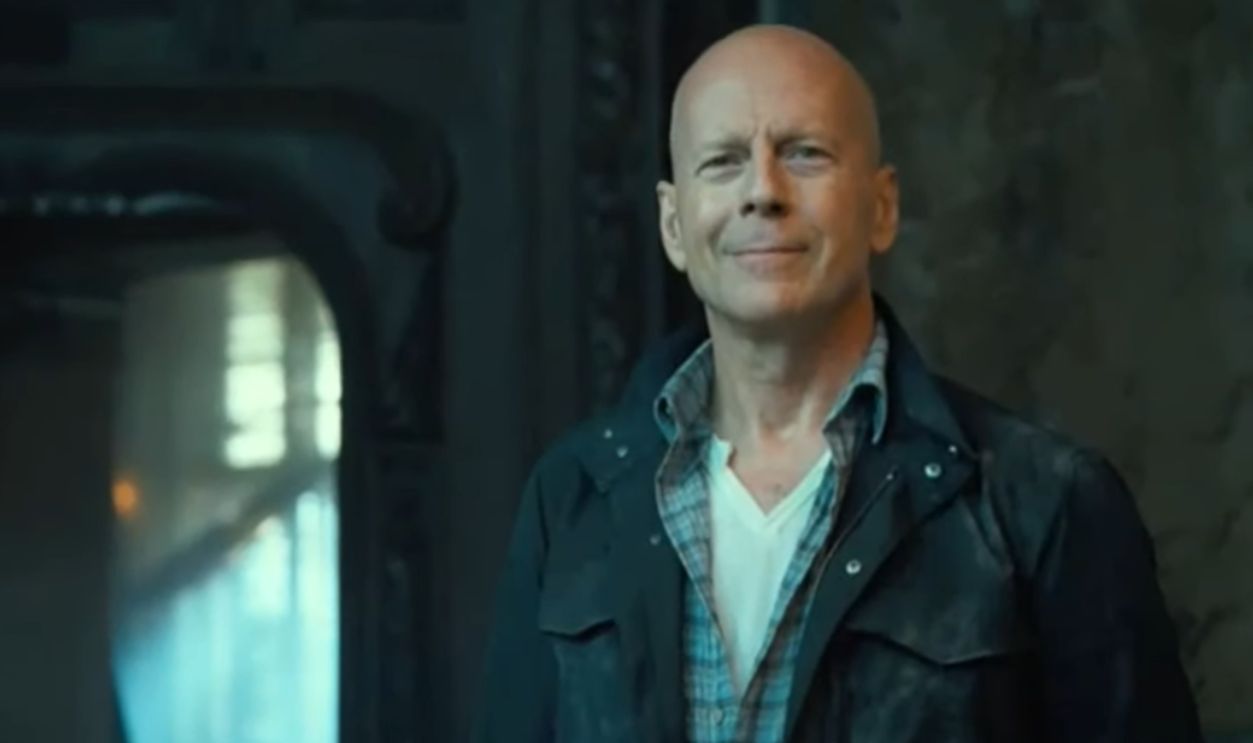 20th Century Studios, A Good Day To Die Hard (2013)
20th Century Studios, A Good Day To Die Hard (2013)
Halle Berry—Catwoman (2004)
No one could sell regret better than Berry at the Razzies—holding her Oscar while sarcastically thanking Warner Bros for the piece. She knew Catwoman was doomed from day one, and her bored, mismatched performance became its most honest moment.
Matthew McConaughey—Texas Chainsaw Massacre: The Next Generation (1995)
Before the rom-coms and Oscars came this forgotten sequel. McConaughey stomped around like he wanted to end the movie himself. Years later, he avoided discussing it altogether. His manic grin didn’t hide what fans later realized—he wasn’t proud to be there.
 New Line Cinema, Texas Chainsaw Massacre: The Next Generation (1995)
New Line Cinema, Texas Chainsaw Massacre: The Next Generation (1995)
Charlize Theron—Reindeer Games (2000)
It looked good on paper: a crime thriller, a strong cast, solid pay. But Theron later called Reindeer Games “a bad, bad movie”. The dull chemistry and lifeless dialogue were her trying to make the best of a misfire.
 Miramax Films, Reindeer Games (2000)
Miramax Films, Reindeer Games (2000)
Tobey Maguire—Spider-Man 3 (2007)
That famous dance scene says it all. Maguire’s awkward swagger felt like a man fulfilling a contract, not swinging into heroics. Critics sensed his fatigue, and so did fans. The web-slinger had never looked more eager to hang it up.

